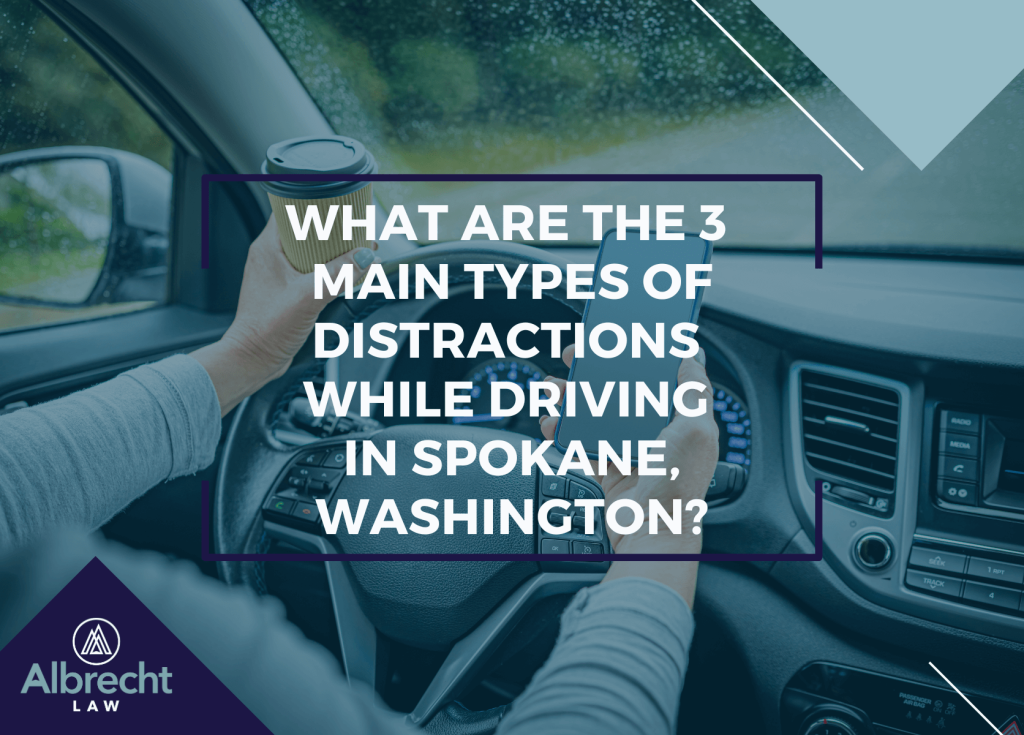What is a ‘Policy Limit Demand’ in a Washington Auto Accident Claim?
February 1, 2022 – Matt Albrecht

Car crashes happen every day in Washington. According to data pulled from the Washington State Traffic Safety Annual Report, there were more than 100,000 collisions reported statewide in 2020 alone. Following a serious motor vehicle accident, you need money so that you can pay for vehicle repairs, cover your medical bills, and support your family.
An insurance company may be responsible for the full value of a policy limit. A policy limit demand is a proactive request for payment of the entire policy limit in settlement. In this article, our Spokane auto accident attorneys explain the key things to know about policy limit demand and personal injury claims in Washington.
What is a Policy Limit?
Liability policies do not provide indefinite, unlimited coverage. When an insured party obtains a policy, the insurance company provides liability coverage up to a certain pre-specified amount. An insurance policy will typically indicate that the insurance company’s responsibility ends at the policy limit. In Washington, motorists are required to obtain liability coverage or otherwise demonstrate financial responsibility through the posting of a bond. Minimum liability limits are as follows:
- $10,000 for property damage;
- $25,000 per person for injury/death; and
- $50,000 per accident for injury/death.
Of course, these are just the minimum policy requirements for individual motorists. Many drivers in Washington State have a more comprehensive liability policy. Additionally, certain parties—trucking companies, ridesharing services, etc.—are required to carry insurance coverage with higher policy limits.
Failure to Settle a Reasonable Policy Limit Demand May Be Bad Faith By Insurance Company
As noted previously, a policy limit demand is a request for payment of the entire amount of the policy coverage in settlement. For example, imagine that you were hurt in a crash with a distracted driver in Spokane. The driver has minimum insurance coverage. If you sustained serious damage, you may need to make a policy limit demand for the full $10,000 for property damage and $25,000 for personal injury.
Insurers have a duty to pay reasonable claims in a timely manner. Under WAC 284.30.330 (12), “failing to promptly settle claims, where liability has become reasonably clear” is an unfair insurance practice. In effect, this means that an insurance company that fails to pay out a full policy limit demand when appropriate may be engaged in bad faith conduct. A claimant (victim) may be able to recover additional financial compensation for bad faith damages in these cases—meaning they may actually be able to hold the insurer liable for damages beyond the policy limit.
Schedule a Free Consultation With a Car Accident Lawyer in Spokane
At Albrecht Law PLLC, our Spokane motor vehicle accident attorneys are devoted to getting justice and the maximum financial support for victims. We have what it takes to deal with insurance companies. If you have questions about policy limit demands, our team can help. Get in touch with us by phone or connect with us directly online for your free, no obligation initial case review. Our firm represents injured victims in Spokane and in the surrounding region in Eastern Washington.
Albrecht Law PLLC
5105 E 3rd Ave Ste 101 Spokane Valley, WA 99212
Monday 8:30 AM–5:30 PMSchedule A Free
Consultation Today
No Fee Unless You Win
Call (509) 495-1246(509) 495-1246, or fill out the short form. Don’t hesitate, your questions are welcome.
Required Fields*
Your Information Is Safe With Us
For more information on how your data will be handled, Please Visit Privacy Policy. The information you provide will be used to answer your question or to schedule an appointment if requested.




